The invention of the wheel is often credited as the catalyst for human civilisation. It allowed us to transport goods, explore new lands, and expand our knowledge and understanding of the world. But which invention allowed the greatest personal freedom of travel?
Travel has come a long way since the days of horse-drawn carriages and steam trains. From automobiles to airplanes to high-speed rail, there have been numerous inventions that have greatly impacted our personal freedom of travel and revolutionised the way we see the world.
In this article, we’ll take a look at some of the top inventions that have affected how we travel and the impact they have had on our lives and the travel industry as a whole. So grab your luggage and let’s take a journey through the history of travel!
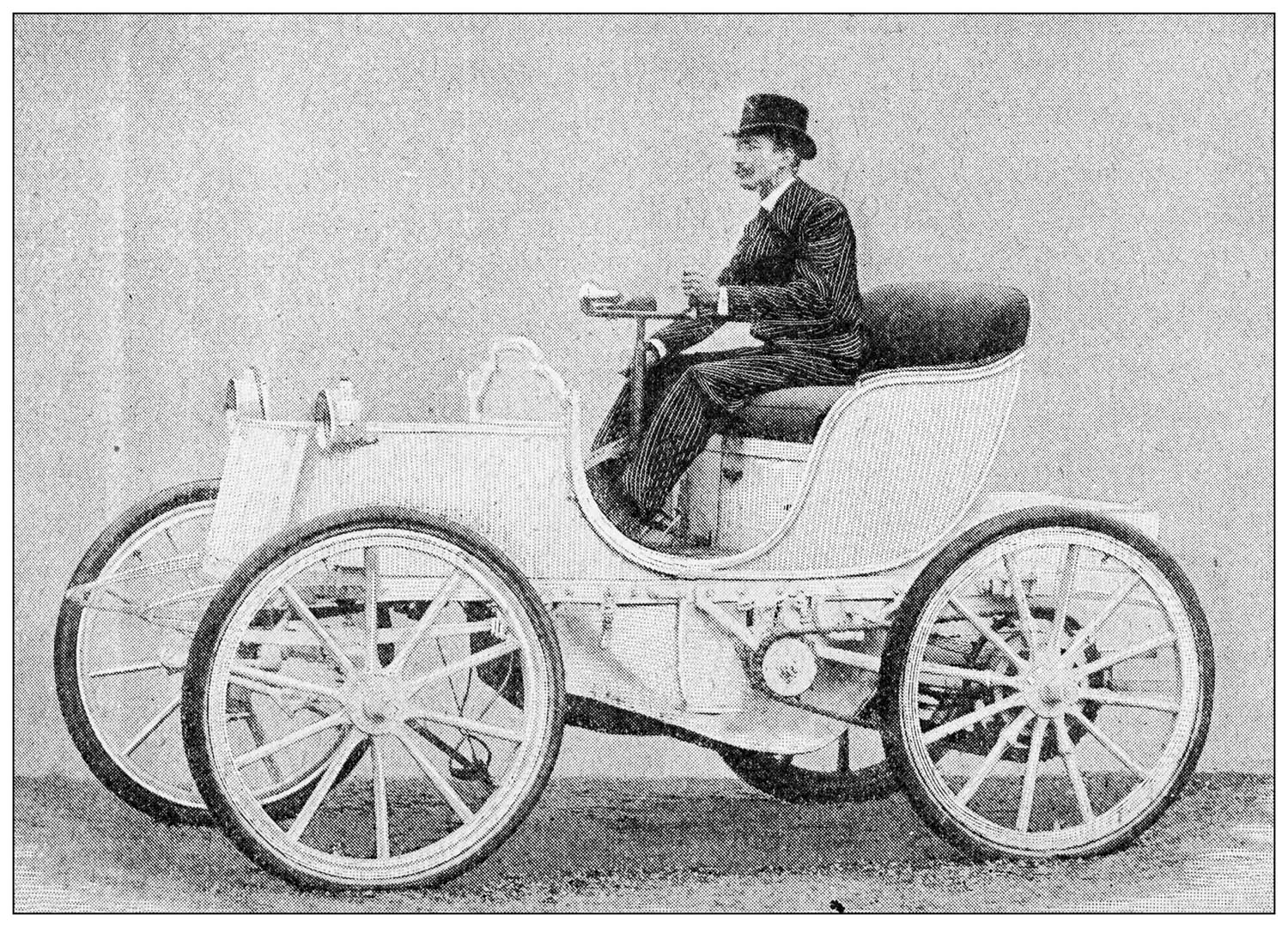
Inventions That Have Allowed the Greatest Personal Freedom of Travel
The Car
One contender is the car, which has revolutionised the way we travel. The first car was invented in the late 19th century and has since become an integral part of modern life. Can you imagine life without the convenience of being able to hop in your car and go wherever you please? The automobile has completely transformed the way we get around and has given us the freedom to travel independently.
Before the invention of the automobile, people were often dependent on others for transportation, whether it was a horse-drawn carriage or a train. But with the invention of the automobile, individuals were able to travel wherever they wanted, whenever they wanted, without having to rely on anyone else. This has allowed us to explore new places and see more of the world without being tied down to a specific mode of transportation.
Commercial Air Travel
Another invention that has had a major impact on personal freedom of travel is the airplane. Have you ever dreamed of flying to a far-off destination in just a few hours? The airplane has made that dream a reality!
Prior to the invention of the airplane, travel by air was limited to hot air balloons and gliders, which were not practical for long distance travel. But with the invention of the airplane, people are now able to travel long distances quickly and comfortably, opening up new possibilities for travel and exploration.
And let’s not forget about the impact the airplane has had on the travel industry as a whole. With the ability to travel to virtually any destination in the world, the global tourism industry has exploded.
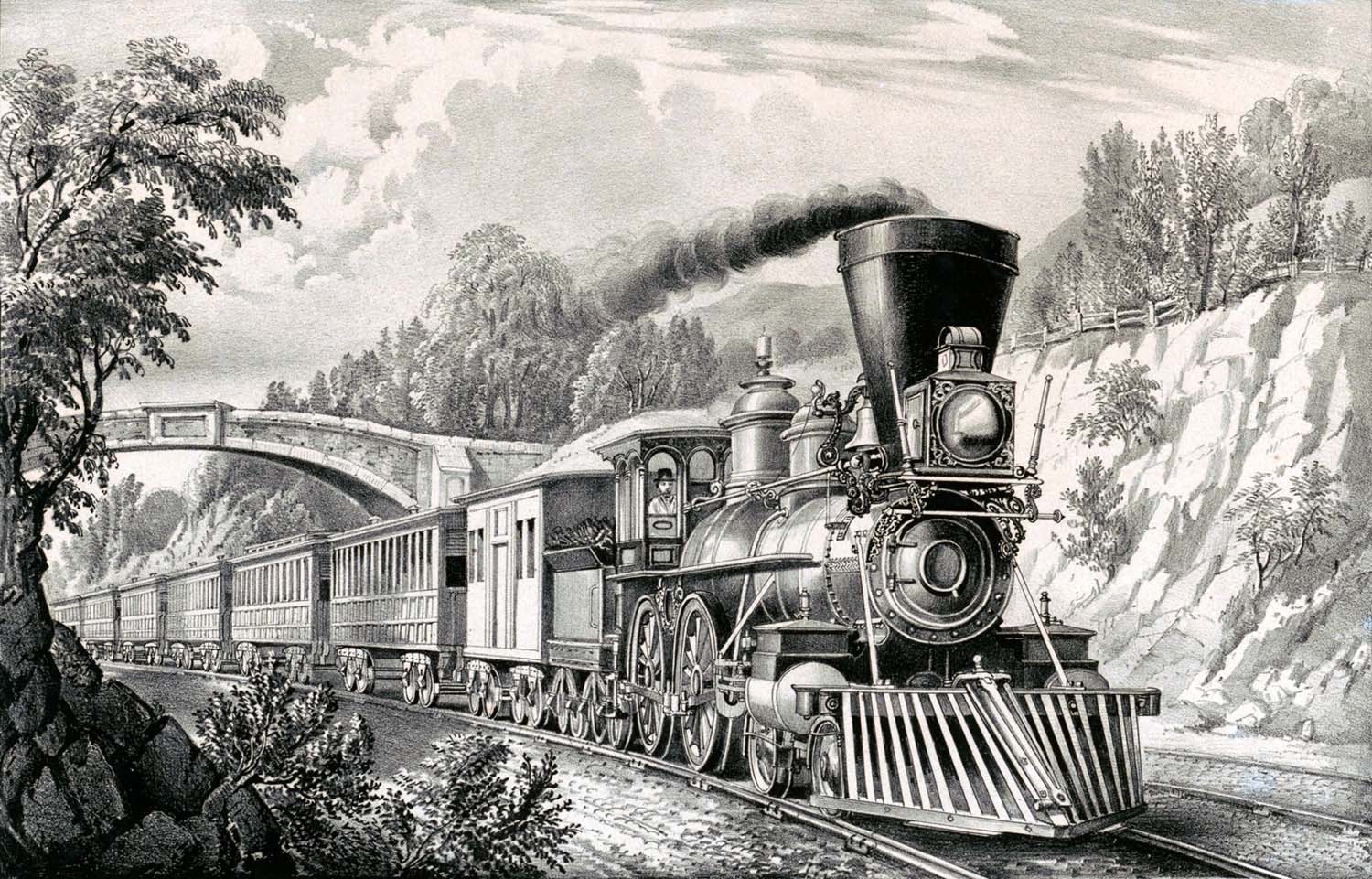
Railways
The train is another invention that has greatly impacted personal freedom of travel. While trains were originally limited to certain locations, the development of high-speed rail has made it possible for people to travel long distances quickly and comfortably.
High-speed rail has also made it possible for people to travel to more remote locations that are not easily accessible by car or airplane. And just like the automobile and the airplane, the train has had a significant impact on the travel industry. The development of high-speed rail has made it possible for people to travel to more remote destinations, which has helped to boost the tourism industry in those areas.
The Internet
A more recent invention that has greatly impacted travel is the internet. The internet has revolutionised the way we book and plan travel, with the rise of online travel agencies and review sites. It has also made it easier for people to communicate with one another, even when they are far away.
The internet has had a major impact on the travel industry, with the rise of sites like Expedia and Airbnb allowing individuals to book and plan their own travel easily and at a lower cost. It has also made it easier for small, independent businesses to compete with larger companies by allowing them to reach a wider audience through online marketing. However, the internet has also led to the demise of some traditional travel businesses, such as travel agents, as people turn to online alternatives.
GPS
Another invention that has had a major impact on travel is the GPS (Global Positioning System). GPS allows us to accurately locate ourselves and navigate to our desired destination, making it easier to travel to unfamiliar places. It has also made it easier for people to engage in outdoor activities, such as hiking and camping, as they can easily find their way back to their starting point.
GPS has had a significant impact on the travel industry, particularly in the development of ride-sharing services like Uber and Lyft. It has also made it easier for people to travel independently, without having to rely on maps or directions from locals. However, it has also led to a decrease in the use of traditional navigation tools, such as maps and compasses.
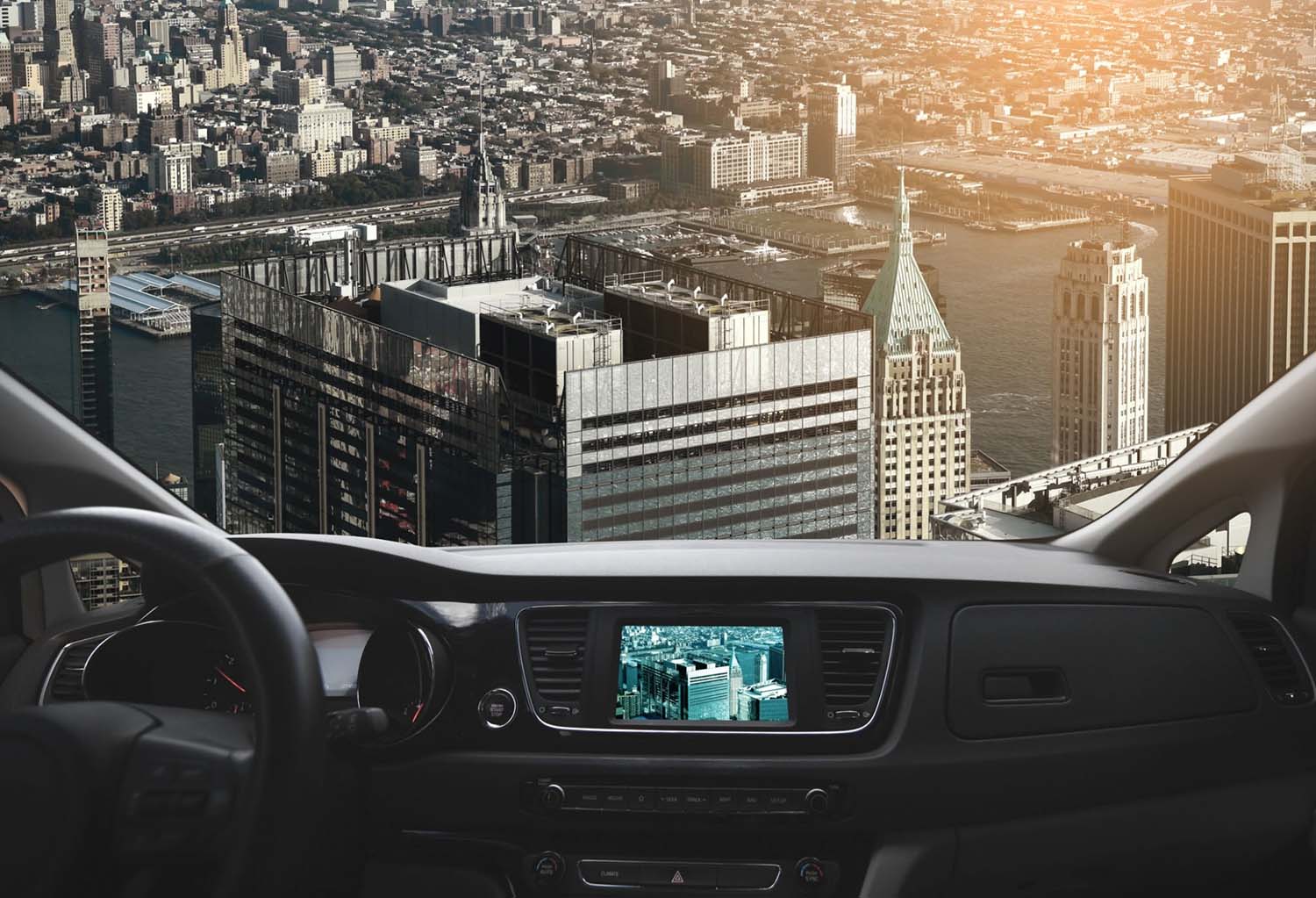
What is the Future of Transportation?
The future of transportation is an exciting topic to think about. There are a lot of new technologies and ideas being developed that could significantly change the way we get around. Here are a few examples of what the future of transportation could look like:
Autonomous vehicles: Autonomous vehicles, also known as self-driving cars, are vehicles that are able to navigate and operate without a human driver. They use sensors, cameras, and other technologies to “see” their surroundings and make decisions about where to go. Some experts predict that autonomous vehicles will become widespread in the next few decades, and could revolutionise the way we travel by making transportation safer, more efficient, and more accessible to people who can’t drive.
Electric vehicles: Electric vehicles (EVs) are powered by electricity rather than gasoline, and are becoming more and more popular as people look for ways to reduce their carbon emissions. In the future, it’s likely that EVs will become even more common, and we may see new technologies like wireless charging and “swappable” batteries that make them even more convenient to use.
Flying cars: The idea of flying cars has been around for a long time, but it’s becoming increasingly feasible as technology improves. Companies are working on prototypes of vehicles that can take off and land vertically, like helicopters, but are small enough to be used for everyday transportation. If flying cars become a reality, they could greatly reduce travel times and make it easier to get around in crowded cities.
Hyperloop: The Hyperloop is a high-speed transportation system that uses pods or capsules to carry people and cargo through tubes or tunnels at speeds of up to 700 mph. It’s still in the development stage, but if it becomes a reality, it could revolutionise the way we travel over long distances.
These are just a few examples of what the future of transportation could look like. It’s an exciting time to be alive, and we can’t wait to see what the next few decades bring!

Will Artificial Intelligence Impact the Travel Industry?
Artificial intelligence (AI) is expected to have a significant impact on the travel industry in the coming years. Here are a few ways that AI could shape the future of travel:
Personalised recommendations: AI algorithms can analyse a person’s past travel behaviour, preferences, and search history to make personalised recommendations for future trips. This could help travellers discover new destinations and experiences that they might not have considered otherwise.
Customer service: AI-powered chatbots and virtual assistants can help travellers with tasks such as booking flights, hotels, and rental cars, or answering questions about destinations and travel plans. This could make it easier for travellers to get the information they need and make their plans, and could also free up human customer service staff to focus on more complex tasks.
Predictive analytics: AI algorithms can analyse data from past trips to predict future travel patterns and trends. This could help travel companies make more accurate forecasts and better allocate resources, such as planes, hotels, and rental cars.
Streamlined booking and payment processes: AI can be used to automate tasks such as booking flights and hotels, and processing payments. This could make it easier and faster for travellers to make their plans and pay for their trips.
Virtual reality and augmented reality: AI can be used to create immersive virtual reality (VR) and augmented reality (AR) experiences that allow travellers to explore destinations and plan their trips before they actually go. This could make the travel planning process more interactive and engaging.
Overall, AI is expected to have a transformative effect on the travel industry, making it easier and more convenient for travellers to plan and book their trips, and providing them with more personalised recommendations and experiences.
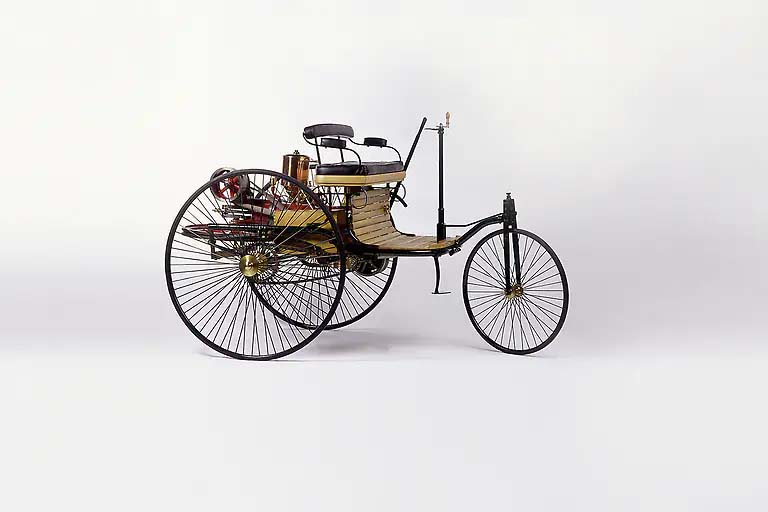
The Benz Patent-Motorwagen.
Travel’s Most Important Inventions: FAQS
When Was the First Car Made?
When asking which invention allowed the greatest personal freedom of travel, it’s surely the car and the great open road that are the most evocative thoughts that spring to mind. The first car was invented in the late 19th century by German engineer Karl Benz.
This invention was called the Benz Patent-Motorwagen and was powered by a single cylinder, four-stroke engine. It was able to reach speeds of around 16 km/h (10 mph). The Patent-Motorwagen was also the first car to be fitted with a modern steering wheel and pedals, which allowed the driver to control the speed and direction of the vehicle.
The car was not mass-produced and was only made in small numbers, but it paved the way for the development of the modern automobile industry. Today, there are millions of cars on the road all over the world, and they have become an essential part of modern life for many people.
When Was the First Train Invented?
The first trains were powered by steam engines and were invented in the early 19th century. The first steam locomotive to run on rails was built by British engineer George Stephenson in 1814. It was called the “Stephenson’s Rocket” and was used to transport coal on a short stretch of track in England.
The Rocket was a huge success and led to the development of more advanced steam locomotives that could be used to transport people and goods over longer distances. The first passenger train service began in 1830, when the “Liverpool and Manchester Railway” opened in England. This was the first time that people could travel long distances by train, and it revolutionised transportation.
Today, trains are a popular mode of transportation all over the world, and they are used to carry millions of passengers and tons of goods every day.
Who Invented the First Airplane?
The first airplane was invented by the Wright brothers, Orville and Wilbur, in 1903. The Wright brothers were American inventors and engineers who were interested in finding a way to fly. They built a small, biplane aircraft called the Wright Flyer, which was powered by a gasoline engine and had wings that were made of wood and covered with fabric.
On December 17, 1903, the Wright Flyer made its first flight at Kitty Hawk, North Carolina. The flight lasted only 12 seconds and covered a distance of 36.5 meters (120 feet), but it was a historic moment that marked the beginning of the aviation industry. The Wright brothers continued to improve their aircraft design and made several more successful flights in the following years. Today, airplanes are a common form of transportation that is used to carry people and goods all over the world.
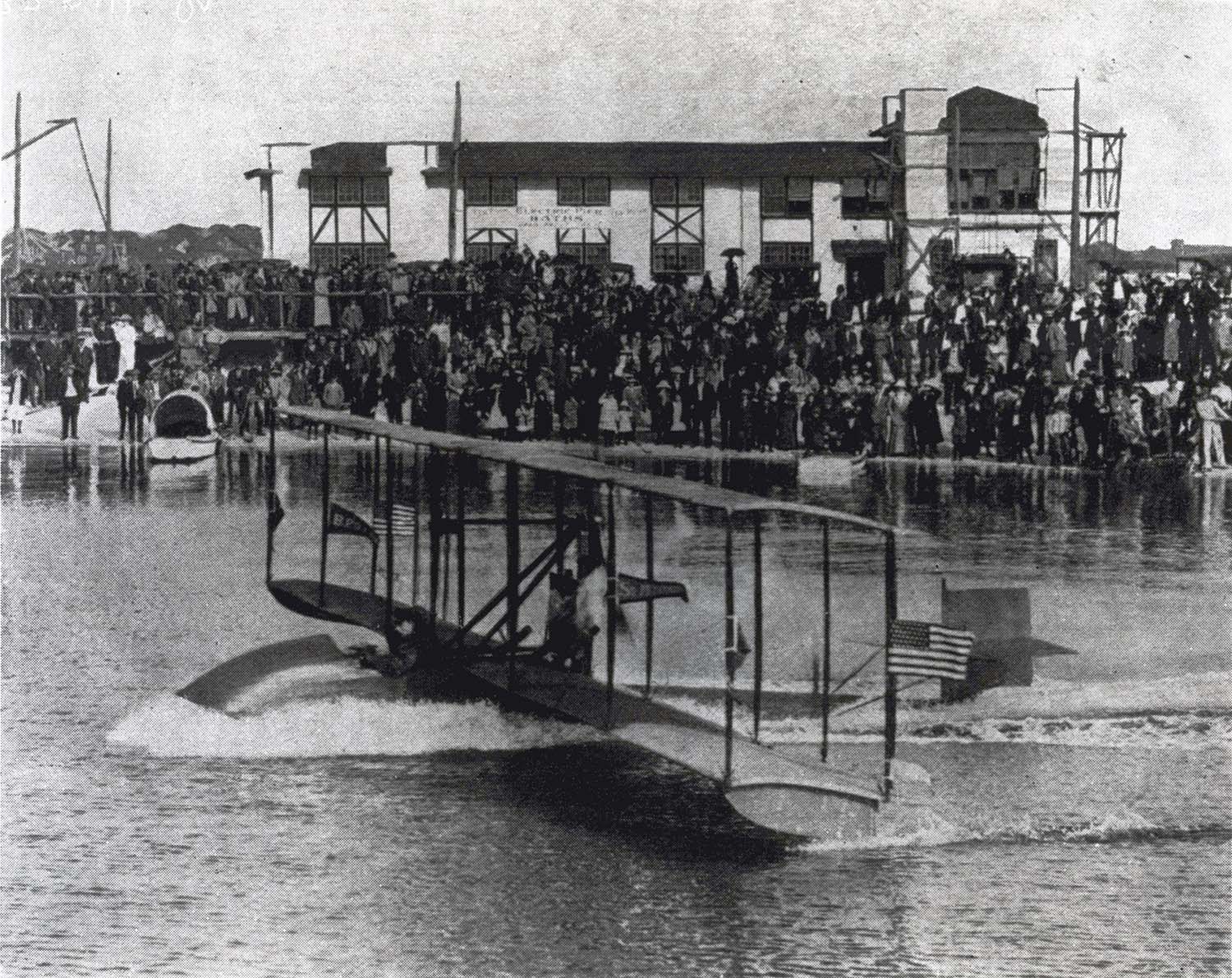
The St. Petersburg-Tampa Airboat Line.
What Was the First Commercial Air Flight?
The first commercial airline flight took place on January 1, 1914, when the St. Petersburg-Tampa Airboat Line operated its first service between St. Petersburg and Tampa Bay, Florida. The airline was founded by Tony Jannus, a pilot, and Percy Fansler, a businessman, who saw the potential for using airplanes to transport passengers and mail over short distances.
The flight was operated using a single-engine Benoist XIV flying boat, which could carry a pilot and up to two passengers. The flight lasted 23 minutes and covered a distance of 59 kilometers (37 miles).
The St. Petersburg-Tampa Airboat Line only operated for a few months before it was forced to shut down due to financial difficulties, but it was an important milestone in the history of commercial aviation. Today, commercial airlines operate flights all over the world and carry millions of passengers every year.
How Has the Internet Affected the Travel and Tourism Industry?
The internet has had a profound impact on the travel and tourism industry. It has made it easier for people to research and book their vacations, and has opened up new opportunities for tourism businesses.
Before the internet, people had to rely on travel agents and brochures to plan their trips. This made it difficult to compare prices and find the best deals. With the advent of the internet, people can now easily search for and compare prices on a variety of travel websites, such as Expedia, Orbitz, and TripAdvisor. They can also read reviews and ratings from other travellers to help them make informed decisions about where to stay and what to do.
The internet has also made it easier for tourism businesses to reach potential customers. They can use social media and online marketing to promote their products and services to a global audience. This has helped to increase competition in the industry and has made it easier for small businesses to succeed.
In addition, the internet has made it easier for people to share their travel experiences with others. Social media platforms like Facebook and Instagram have allowed travellers to share photos and reviews of their trips with their friends and followers, which can inspire others to visit the same destinations.
Overall, the internet has revolutionised the travel and tourism industry by making it easier for people to research and book their vacations, and has opened up new opportunities for tourism businesses to reach potential customers.
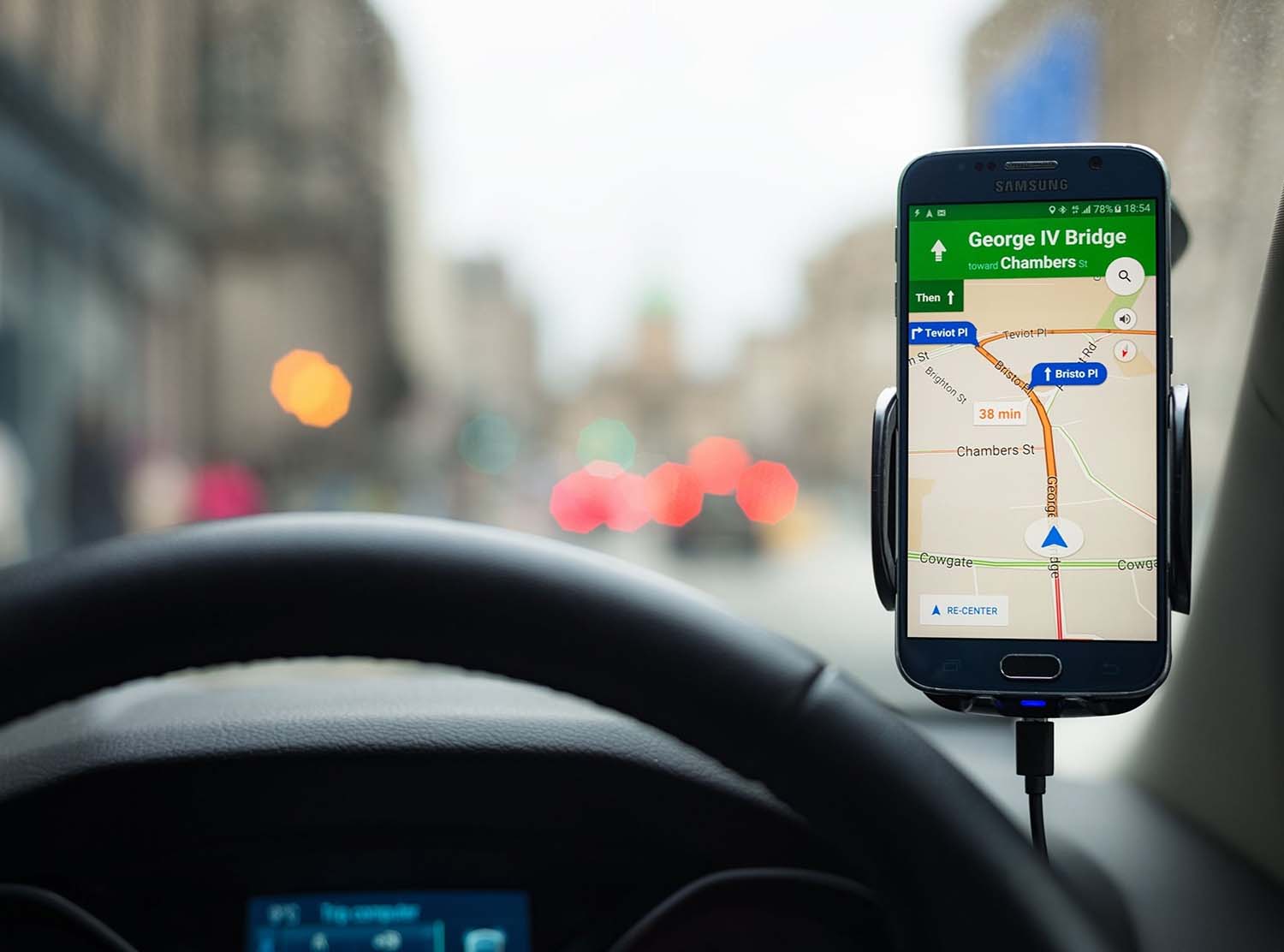
When Was GPS Invented?
The GPS (Global Positioning System) was invented in the 1970s by the United States military. It is a satellite-based navigation system that allows users to determine their precise location, speed, and time anywhere on Earth.
The GPS system was developed as a way to provide accurate and reliable navigation for military operations. It was first tested on a submarine in the 1970s and was later made available to civilians in the 1980s. Today, GPS is used in a variety of applications, including aviation, marine navigation, surveying, and mapping.
GPS has revolutionised the way we navigate and has made it easier for people to find their way around unfamiliar places. It has also had a significant impact on industries such as transportation, agriculture, and emergency services, by providing accurate and real-time location information.
In addition to its practical uses, GPS has also become a popular tool for recreational activities such as hiking and cycling, as it allows users to track their progress and explore new areas with confidence.
Overall, the invention of GPS has had a major impact on the way we navigate and has made it easier for people to explore the world around them.
When is the First Flying Car Likely?
It’s difficult to say exactly when the first commercial flying car will be available, as there are still many technical and regulatory challenges to overcome. However, there are a number of companies and organisations that are working on developing flying cars, and some prototypes have already been built and tested.
One company that has received a lot of attention for its work on flying cars is AeroMobil, which has developed a prototype vehicle that can transform from a car into a plane. The company is working on getting regulatory approval for its flying car and hopes to bring it to market in the next few years.
Other companies, such as PAL-V and Urban Aeronautics, are also working on flying cars and have built prototypes that have been demonstrated in public. It’s likely that we will see more and more flying car prototypes in the coming years, but it will probably be some time before they are widely available to consumers.
It’s important to note that the development of flying cars is still in the early stages, and there are many technical, regulatory, and logistical challenges to overcome before they can become a reality. It’s possible that flying cars will become a common sight in the sky at some point in the future, but it could take many years or even decades for this to happen.
In Conclusion
Which invention allowed the greatest personal freedom of travel? In conclusion, the automobile, airplane, and train have all had a huge impact on personal freedom of travel and have revolutionised the way we travel.
These inventions have made it easier for us to explore new places and see more of the world, and have had a major impact on the travel industry as a whole. So the next time you hop in your car, board a plane, or catch a train, take a moment to appreciate the amazing inventions that make it all possible.








